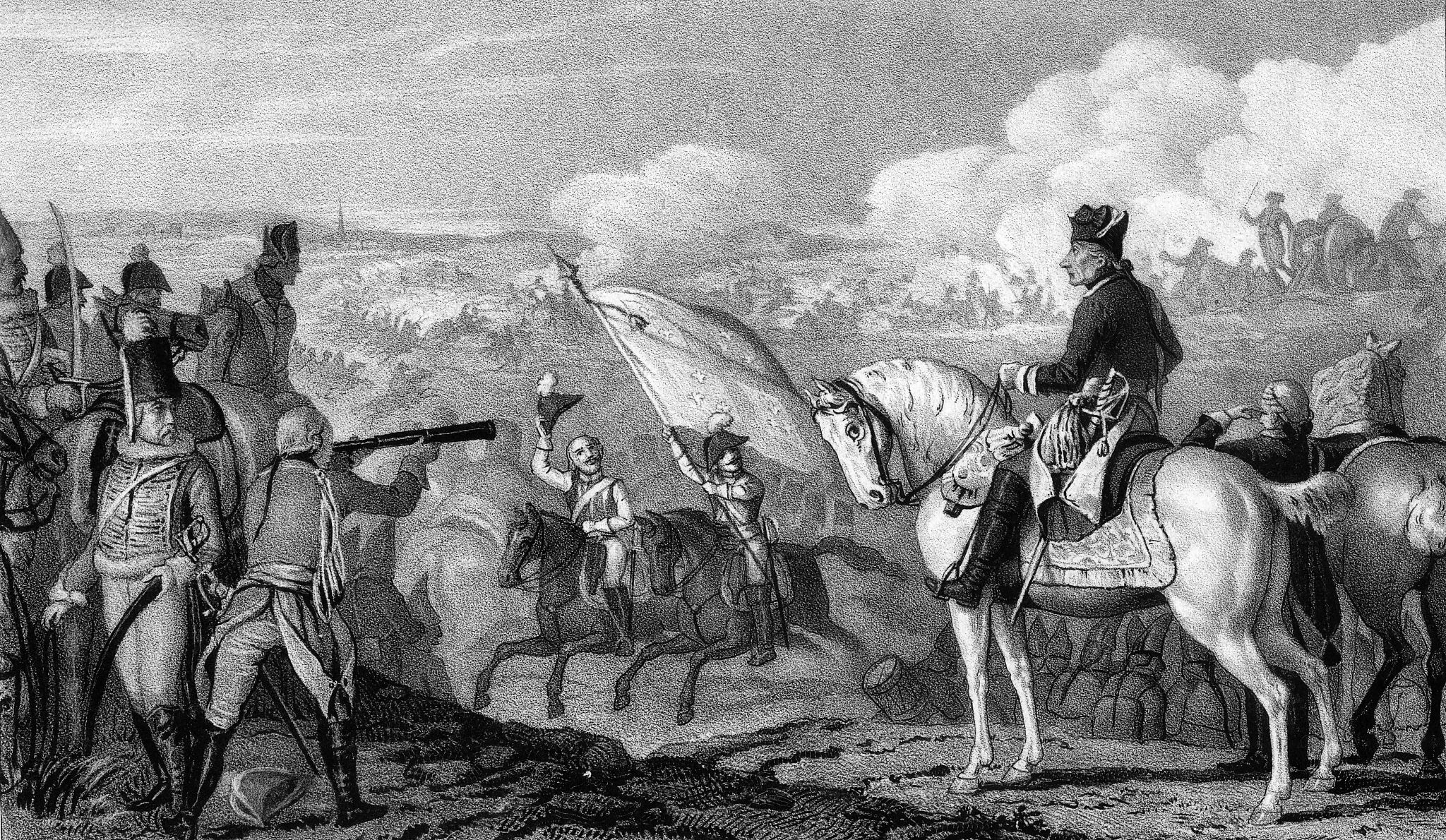Robert E. Lee's Gettysburg Triumph: A Counterfactual History with British and French Aid
It was the summer of 1863, and the American Civil War had been raging for two years. The Confederate Army, led by General Robert E. Lee, had been making steady progress, winning battles and gaining ground across the South. But Lee had bigger plans. He wanted to take the war to the North, to strike a decisive blow that would force the Union to sue for peace.
Lee's plan was audacious. He would invade Pennsylvania, hoping to draw the Union Army into a decisive battle on his own terms. If he could defeat the Union Army in a major engagement, he believed that he could force the North to recognize the Confederacy's independence and win recognition from foreign powers, notably Britain and France.
To that end, Lee had sent his cavalry under the command of General J.E.B. Stuart on a daring raid around the Union Army, hoping to disrupt its communications and sow confusion. But Stuart's raid had gone awry, and he was cut off from Lee's main force.
Nevertheless, Lee pressed on, marching his army northward, toward the small town of Gettysburg. He hoped to find the Union Army waiting for him there, and to crush it in a single blow.
The two armies clashed on July 1, and the fighting was fierce. Lee's men, battle-hardened veterans, fought with incredible courage and tenacity, driving the Union Army back and seizing the high ground. But the Union Army, under the command of General George Meade, fought back with equal determination, and the battle raged on for three days.
The fighting was bloody and brutal, with both sides suffering heavy casualties. But Lee's army, inspired by his leadership and fervent belief in the cause of the Confederacy, fought with a ferocity that stunned the Union Army. By the end of the third day, Lee's men had driven the Union Army from the field, and victory seemed assured.
But Lee's victory came at a terrible cost. His army had suffered heavy losses, and he knew that he could not sustain another major engagement. He needed help from foreign powers if he was to win the war.
Fortunately for Lee, Britain and France were watching the war with great interest. Both countries had long been sympathetic to the Confederacy, seeing it as a potential ally in their struggle against the United States. And both countries had been looking for an opportunity to intervene in the war and support the Confederacy.
Lee sent emissaries to London and Paris, hoping to secure recognition and aid from both countries. He argued that the Confederacy was fighting for its independence, and that it deserved the support of all nations that valued liberty and self-determination.
To Lee's great relief, his appeals were successful. Britain and France recognized the Confederacy as a sovereign nation, and pledged to send troops and supplies to aid in the war effort.
With the help of Britain and France, Lee was able to mount a series of devastating offensives, striking deep into Union territory and winning stunning victories. The tide of the war began to turn in his favor, and it seemed that victory was within his grasp.
But Lee's triumph was short-lived. The Union Army, reinforced by fresh troops and supplies from Europe, launched a massive counteroffensive, driving Lee's army back and inflicting heavy losses. The war ground on for two more years, with neither side able to claim a decisive victory.
In the end, the Confederacy was defeated, and Lee was forced to surrender his army at Appomattox Court House in 1865. But his legacy lived on, inspiring generations of Americans with his courage, leadership, and devotion to the cause of liberty. And his bloody victory at Gettysburg, with the help of Britain and France, will always be remembered as one of the greatest battles in American history.

原文地址: https://www.cveoy.top/t/topic/lFk2 著作权归作者所有。请勿转载和采集!